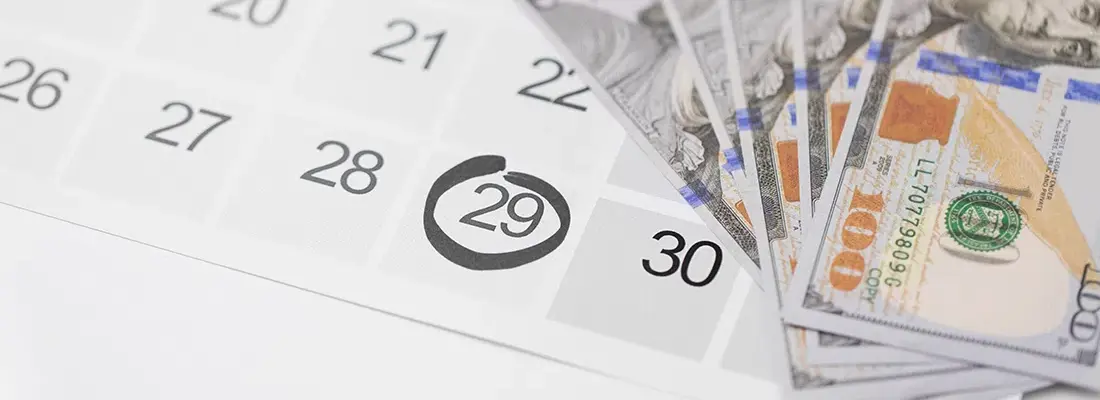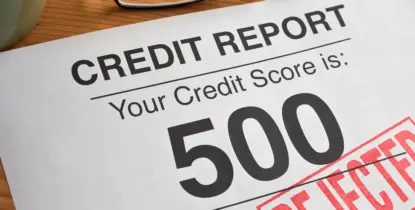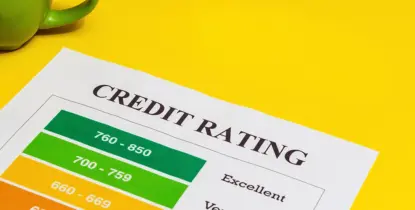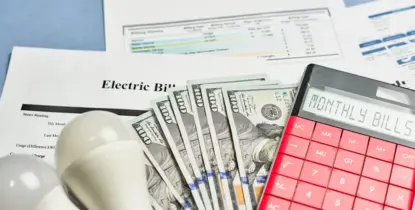1F Cash Advance Expert Guides and Articles
We're excited to announce that the 1F Cash Advance Team of financial writers has been working hard to bring you the best lending information possible.
Our 10-year expertise in the lending industry is a valuable asset in helping you understand how different loans work and what options are available to you.
Our goal is to arm you with the knowledge and confidence needed to make informed decisions about your finances.

Best Options for Short-Term Loans in 2026
Short-term loans can cover an emergency expense fast, but in 2026 the best choice depends on your state rules, the total cost, and how quickly you can repay. This guide explains the main short-term options, shows key red flags to avoid, and tells how 1F Cash Advance can help you make the safest choice.
 Top-rated
Top-rated
15 Emergency Cash Options When You Need Money Now
When you urgently need money, there are several options, including public aid, community support, and loans. Free programs can cover basic needs like food and utilities, while loans offer quick access to cash but come with higher costs. Quick solutions can help resolve immediate issues, but achieving long-term stability requires careful planning. It's important to compare the risks and benefits of each option to make the best decision for your situation.
 Top-rated
Top-rated
Emergency Cash for Single Mothers
Single moms facing financial emergencies can benefit from grants and loans. Get help with housing, pay bills, and receive medical aid and child care services.

What Does a 500 Credit Score Mean for Borrowers?
A low credit score changes the rules of borrowing. From higher rates to limited approvals, this article explains what everyday financial life looks like with a 500 score and what can realistically improve it.

Things to Know About a Soft Credit Check
Soft credit checks happen more often than most people realize. They’re used to review basic credit details without affecting your score, especially when you explore loan options or manage existing accounts. Knowing how these inquiries work helps you read your credit report clearly and avoid confusion when borrowing short-term.

How Do Loans with Same-Day Funding Work?
Same-day loans can be a great way to access emergency funding when urgent needs arise. However, you need to consider your options carefully. In some cases, such loans come with high APRs, short payback times, and risks of debt cycles. This article explains how emergency same-day loans work, explores available loan types, and provides smart tips on making an informed loan choice.

10 Fast Ways to Cover Emergency Expenses
Most Americans would struggle to cover a $1,000 emergency. Not every emergency requires a loan, though. This guide explains how to tell if something is a real emergency and covers 10 ways to handle emergency expenses.

Top 5 Small Loan Options with No Credit Check in 2026
Short-term loans without credit checks have become a common solution for covering unexpected expenses. This article breaks down how these products work, what they cost, and which options may be better depending on your financial situation in 2026.

What Are Title Loans and Are They Worth Using in 2026?
Car title loans may seem like a quick solution, but they come with high fees, steep interest rates, and the risk of losing your vehicle. Explore how these loans work, the legal restrictions by state, and smarter alternatives for handling short-term financial needs.

Need Help With Utility Bills? Your Options in 2026
In 2026, rising utility bills will make pressure on Americans, especially during the winter months. This guide explains why costs increase, what assistance programs are available, and what steps you can do to avoid shut-offs and manage urgent bills responsibly.

How to Read a Loan Agreement and Spot Hidden Traps Before You Sign
A loan agreement is a formal contract that outlines all the terms and responsibilities associated with a loan. Reading it carefully is important to choose the right loan option and prevent unexpected costs. This ultimate guide covers key parts of a typical loan contract you should look at before signing.

How to Fill out a Loan Application to Get Approved
A loan agreement not only serves as your promise to repay the loan. It outlines all the terms, responsibilities, and obligations of both parties. Reading it carefully is important to ensure you know the conditions and how to comply with them to prevent unexpected costs down the road. By comparing terms of different loan agreements, you can choose the most suitable loan offer that fits your situation. This ultimate guide will help you better understand the parts of a typical loan contract and what you should look at before signing.